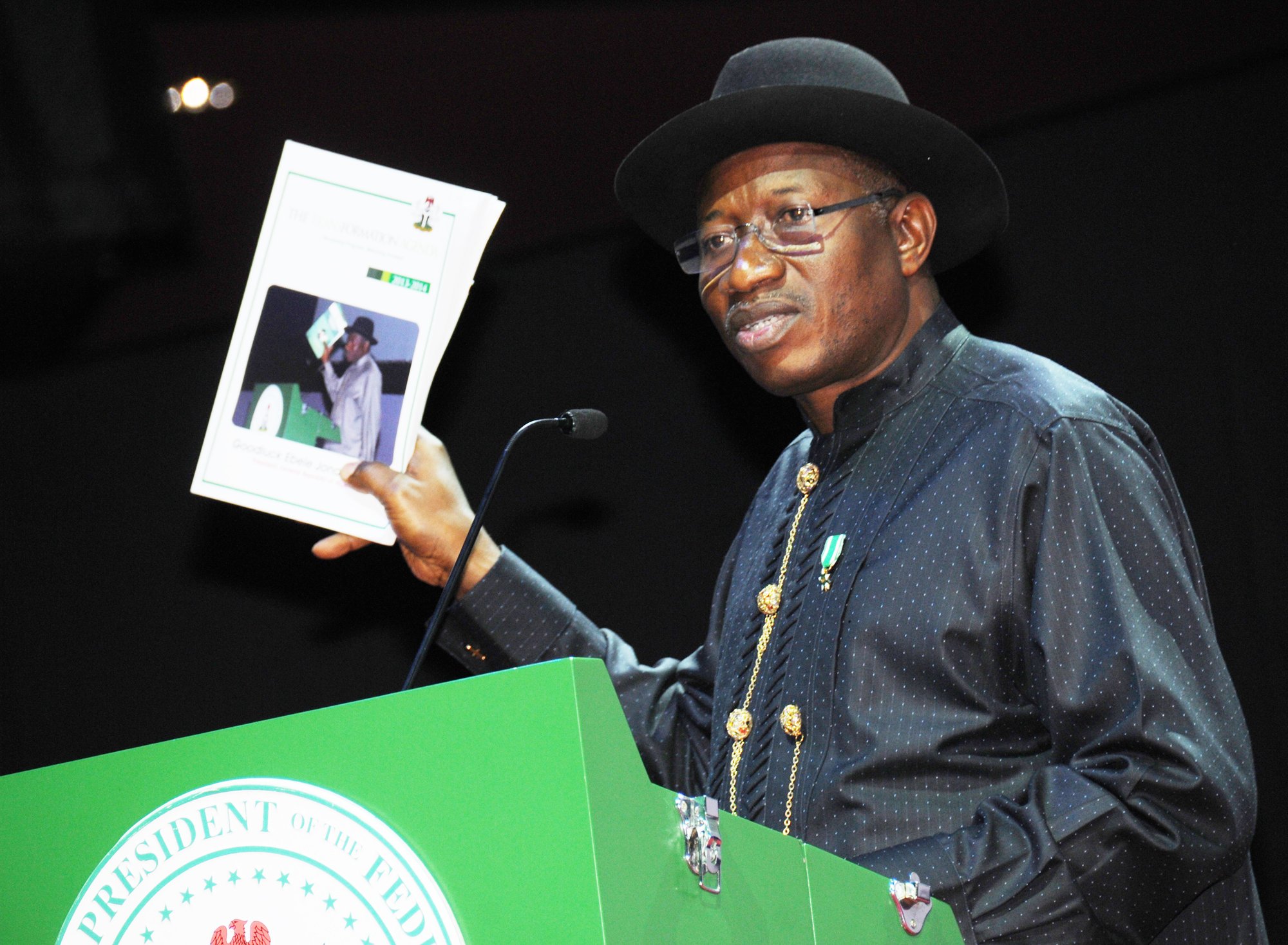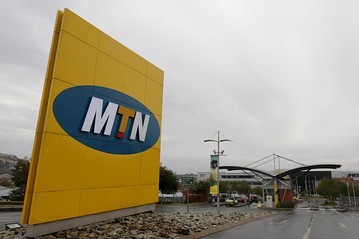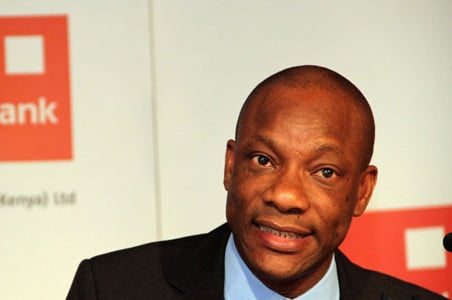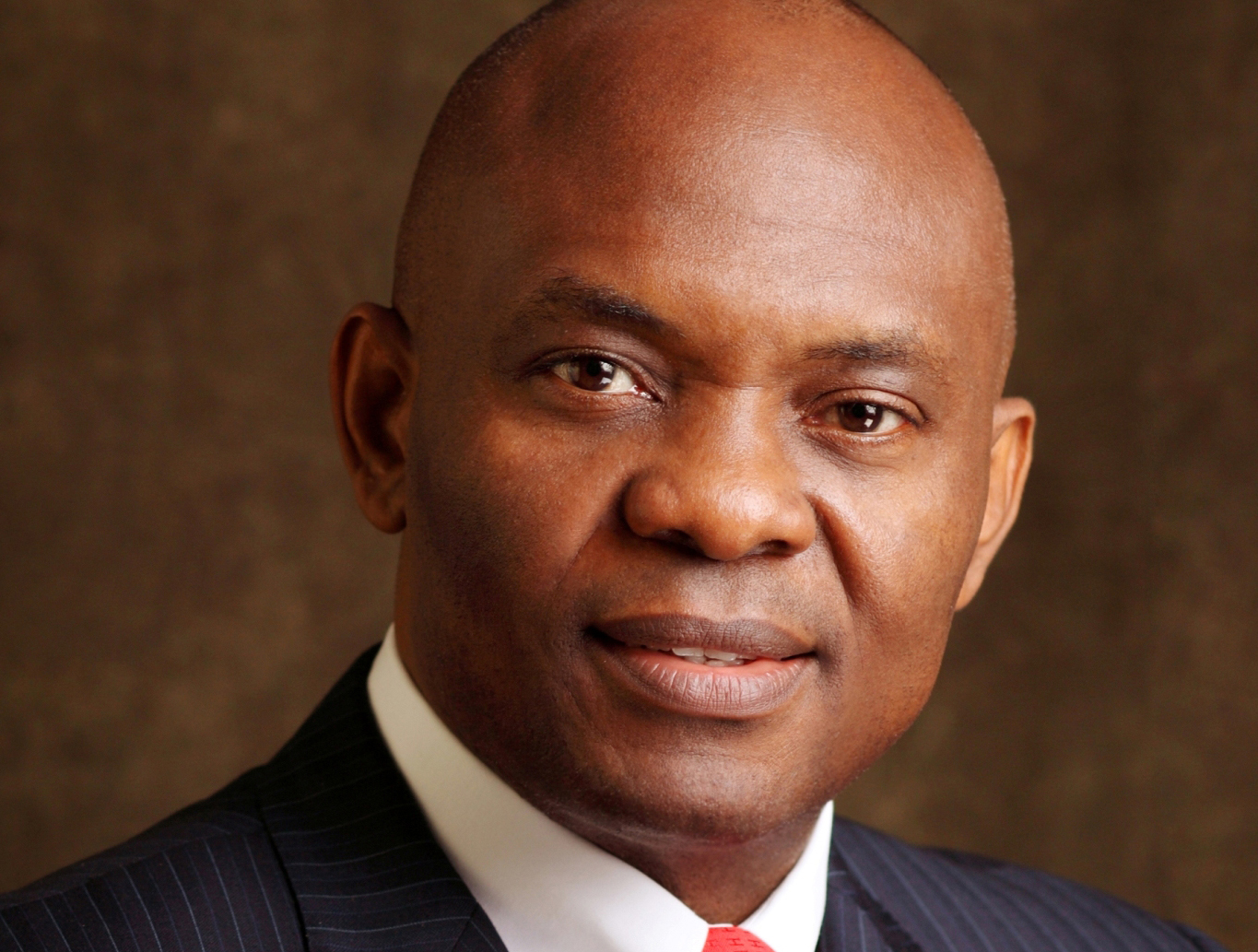President Goodluck Jonathan says the federal government will establish a wholesale development finance institution (DFI) to provide long term funds for industrial development.
Jonathan was speaking in Abuja on Tuesday while launching the N220 billion fund disbursement by the Central Bank of Nigeria (CBN) for the development of micro, small and medium enterprises (MSMEs) in the country.
The fund’s disbursement was the highpoint of CBN’s Eighth Annual MSME Finance Conference and Entrepreneurship Awards, with the theme “MSMEs Financing in Nigeria: Past, Present and Future”.
Jonathan said the proposed institution was part of measures to enhance the contribution of MSMEs to the country’s economic growth and development.
Advertisement
He said the impending DFI would provide long term finance spanning up to 15 years for relevant entrepreneurs and industrialists, especially people involved in tree crop production.
Jonathan also disclosed plans by the federal government to restructure existing DFIs for better performance and improved access to finance by MSMEs.
“MSMEs are recognised all over the world as the engine of growth in any development-oriented economy.
Advertisement
“Besides their inherent labour-intensive production processes, they also provide a viable platform for job-creation globally.
“All over the developed world, the contributions of MSMEs to GDP (Gross Domestic Product) average about 47 per cent. This shows clearly how important MSMEs are to us.
“As reported by SMEDAN (Small and Medium Enterprises Development Agency of Nigeria), there are about 17.3 million SMEs in Nigeria.
“However, this is quite small, compared to countries like Indonesia, which is slightly more than us (Nigeria) in terms of population, but has about 40 million (SMEs).
Advertisement
“So, we must also get there and even go beyond,” he said.
He said a vibrant MSME sub-sector was indispensable for achieving a sustainable transformation of the Nigerian economy.
Jonathan said as Africa’s largest economy, with excellent prospects of becoming one of the world’s 20 largest economies by 2020, the challenges confronting the country’s MSMEs must be addressed frontally.
“The challenges called for more concrete and concerted measures to enhance and expand the activities of MSMEs in our country.
Advertisement
“The enormity of the task ahead demands immediate and dedicated action. That is why I am kick-starting today (Tuesday) the disbursement of the N220 billion MSMEs Development Fund.
“The fund will be received by participating financial institutions and state governments for onward lending to MSMEs across the country,” he said.
Advertisement
Jonathan described the conference as apt and appropriate in view of its focus on ways to resolve the problem of access to and cost of finance to MSMEs in Nigeria.
He said the federal government was investing heavily on critical infrastructure such as electricity, roads, among others, to promote job creation and inclusive growth.
Advertisement
“We are aware that inadequate infrastructure increases the cost of production by an estimated 30 per cent, making Nigerian goods quite under-competitive and we need to improve on that.
“The federal government believes that stable power supply is the bedrock of our industrial development and economic progress.
Advertisement
“It will not only reduce the cost of manufacturing and services significantly, it will also engender investments and create jobs.
“With these benefits in mind we are vigorously implementing the power sector reform programme,’’ the president said.
He said in spite of the initial challenges associated with the power reform programme, some of the successor companies to the unbundled Power Holding Company of Nigeria were currently doing well.
Jonathan lauded the CBN for collaborating with the Ministries of Power and Petroleum Resources, as well as the Nigeria Electricity Regulatory Commission, to address the funding issues related to gas supply.
“The collaboration is expected to boost gas supply which will increase the country’s power generation capacity to 5,000 megawatts within the next few months,” he said.
Add a comment





